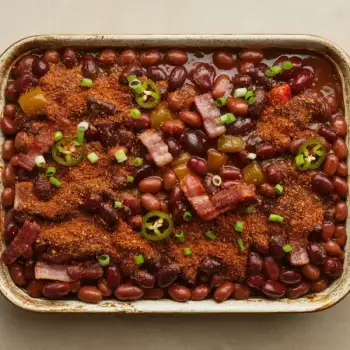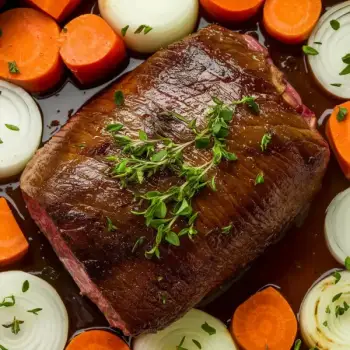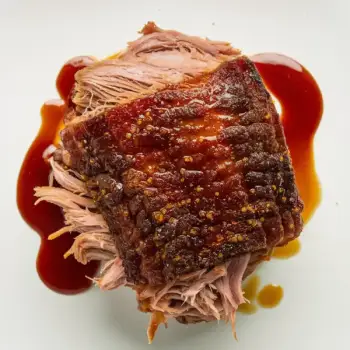


Bottled
Ketchup is most commonly found in glass or plastic bottles, convenient for squeezing or pouring.
Pouches
Ketchup in flexible pouches is often used for food service or large family sizes, offering easy storage and use.
Portion Control Packets
Small single-serving packets are ideal for takeout or picnics, providing convenience and reducing waste.




bottled ketchup: Heinz, Hunt's, Sir Kensington's
organic ketchup: Annie's Organic, Heinz Organic
artisanal ketchup: Portland Ketchup Company, True Made Foods

Glazing: Ketchup is often used as a glaze for meats like meatloaf or pork ribs. Apply a thin layer of ketchup over the meat before baking, and the sugars in the ketchup will caramelize, creating a sticky, sweet coating.
Marinating: Combine ketchup with other ingredients like vinegar, spices, and Worcestershire sauce to create a flavorful marinade for proteins. The acidity in ketchup helps tenderize the meat while infusing it with flavor.
Thickening: Ketchup can act as a thickener for sauces and stews due to its viscosity. It's commonly added to dishes like sloppy joes or barbecue sauce to achieve a rich, thick consistency.













